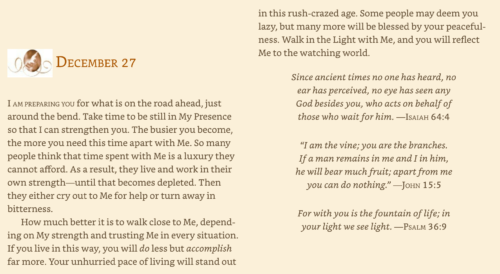A Return to Unveiling
Inspired by Father Richard Rohr’s reading of the apocalyptic scriptures in light of the significant challenges humanity faces today, our theme this year has been “A Time of Unveiling.” At the beginning of this year, Father Richard wrote:
I’m convinced we are living in a time of unveiling—when reality is being revealed as it always has been and always will be. Systems of evil have become both more brazen and banal, our sense of “normal” has been upended, and yet in the midst of it, God continues to invite us to deeper trusting love. A few weeks into the pandemic, some people even began to use the word “apocalyptic” to describe what was taking place. Often, this word is used to scare people into some kind of fearful, exclusive, or reactionary behavior, all in expectation of the “end times.” But the word “apocalyptic,” from the Greek apokálupsis, really just means “unveiling.”
When things are “unveiled,” we stop taking a whole lot of things for granted. That’s what major events like the COVID-19 pandemic do for us. They reframe reality in a radical way and offer us an invitation to greater depth and breadth—and compassion. If we trust the universal pattern, the wisdom of all times and all places, including the creation and evolution of the cosmos itself, we know that an ending is also the place for a new beginning. Death promises a new kind of life. [1]
While the events of this past year may have brought this “unveiling” to the surface for many of us in new and pressing ways, Father Richard and others have been naming this impending shift for many years. What he wrote three decades ago remains true:
The myths of modernism are dying all around us. Our sophistication and complexity are self-destructing. For several hundred years we were convinced in the West that progress, human reason, and higher technology would resolve human tragedy. They clearly have not. Without denying the gifts of mind and science, we now doubt their messianic promise. More analysis does not necessarily mean more wisdom, and having more options is not necessarily freedom. The accumulation of things is not likely to bring more happiness, and time saved is rarely used for contemplation.
Progress has too often been achieved at the expense of the earth, and human reason has too easily legitimated war, greed, and the pursuit of a private agenda, while technology pays those who serve it, especially the moguls of capitalism, militarism, and big pharma. Our Western philosophy of progress has led us to trust in our own limitlessness and in our future more than in the quality and the mystery of the now. Religion at its best is always concerned with the depth and breadth, paradox and wonder of things. In this sense we have become an impatient and irreligious people. The paschal mystery, the yin and yang of all reality, is outshouted by the quite recent and unproven slogan: “We can have it all!” [2]
Kneeling before the Mystery
Father Richard continues to name some of the realities that have been “unveiled” in recent decades, as well as a reconciling path forward.
In my experience, liberalism creates suspicious people more than loving people. They begin and end by asking, “Who has the power here?” instead of “How can I serve here?” For them, life is an issue to be informed about or fixed, but seldom a mystery to participate in—even in its broken state. But if liberals refuse to be part of the dirt of history, conservatives refuse to even see the dirt—particularly in their own group! They hunker down and call their evil “good.” The conservative response to reality is usually: “What is in place already should be trusted. It must be true, because that is the way it is.”
Neither conservatives nor liberals are willing to carry the burden of living tentatively in a passing and imperfect world. So the contemporary choice offered most of us living in the West is between unstable correctness (liberals) and stable illusion (conservatives)! What a choice! It has little to do with real transformation in either case, because in each case we have manufactured our own false stability.
There is a third way, and it probably is a way of “kneeling,” but we could also just call it “wisdom,” which is always distinguished from mere intelligence. It demands a transformation of consciousness and a move beyond the dualistic, win/lose mind. Religion has always said that an authentic God encounter is the quickest and truest path to such wisdom. It is the ultimate securing that allows us to creatively deal with the essential impermanence and insecurity of everything else.
The Gospel accepts the essentially tragic nature of human existence; it is willing to bear the contradictions that are imprinted on all of reality. It will always be the road less traveled. Let’s call it “unstable stability!” But for some reason, it is the only real stability, because it is a truthful map of reality, and it is always the truth that sets us free. It is contact with Reality that finally heals us. And contemplation, quite simply, is meeting reality in its most simple, immediate, and paradoxical forms. It is the resolving of those seeming contradictions that characterizes the mystics, the saints, the prophets, and all those who pray.
This liberation, this ability to hold the paradoxical nature of reality, liberates us from and for. It is the ultimate agreement to participate in the only world there is. True participation in paradox liberates us from our own control towers and for the compelling and overarching vision of the Reign of God—where there are no liberals or conservatives. Here, the paradoxes—life and death, success and failure, loyalty to what is and risk for what needs to be—do not fight with one another, but lie in an endless embrace. We must penetrate behind them—into the infinite mystery that holds all things together.
